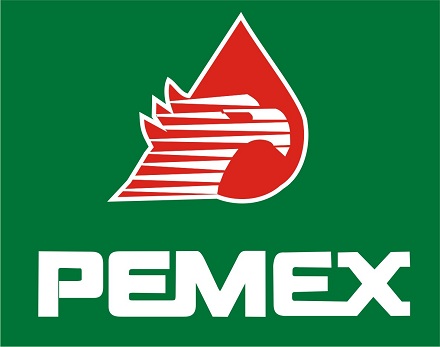Although the outcome of Mexico’s tedious presidential race has long seemed inevitable, it has spawned a serious debate over how to revitalize the Mexican oil industry — and, in particular, Petróleos Mexicanos (Pemex), Mexico’s state-owned oil company.![]()
Pemex is the second-largest company in all of Latin America (recently displaced by Brazil’s oil company, Petrobras). The topic featured in a debate earlier this week among all but one of the Mexican presidential candidates, and it has been at the forefront of policy discussions throughout the Mexican campaign.
Pemex has long been a thorny problem for Mexico, the world’s seventh-largest oil producer. Pemex is the source of around one-third of the government’s revenue, but the taxes and royalties that it pays to the government (around 60% of its revenues) have left it crippled and saddled with billions in debt, to say nothing of the corruption that has plagued the company throughout its history.
What this means is that, even when oil revenue have been at record-high prices, Pemex has been unable to reinvest in new technologies or further exploration. To make matters even worse, Mexico’s main oil field production has already peaked and Pemex’s production recently fell at a faster rate than at any time since the 1940s. Without reform, Mexico could become a net energy importer within a decade. Continue reading Three candidates and two visions for Pemex reform in Mexican presidential race
